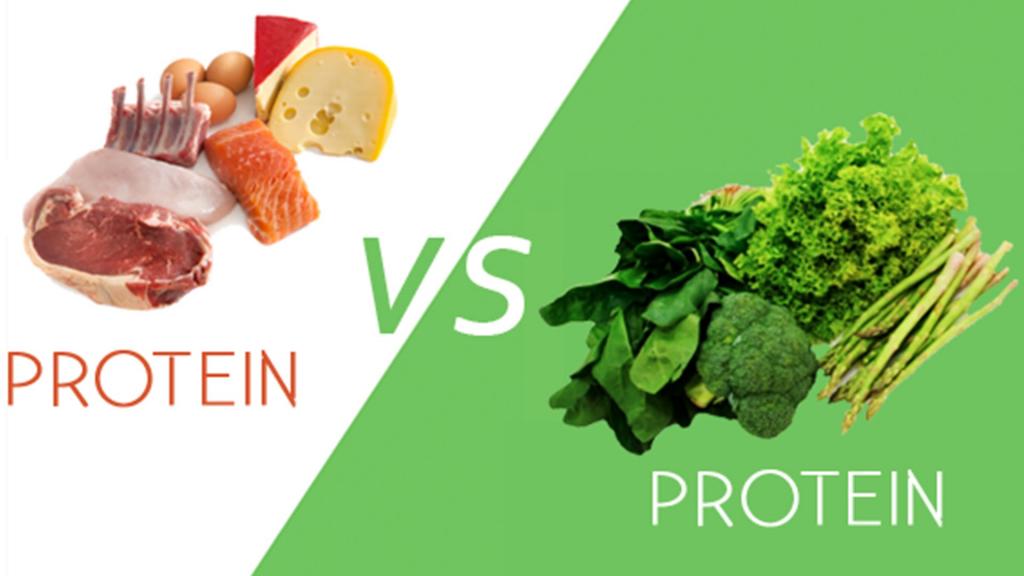The debate between plant protein and animal protein regarding which is ideal for a long, healthy life is complex and multifaceted. Both sources can provide essential nutrients necessary for overall health, but there are key differences to consider:
Nutrient Profile
Plant proteins typically contain fiber, antioxidants, vitamins, and minerals, which can contribute to overall health and disease prevention. Animal proteins, on the other hand, are often rich in essential amino acids, vitamin B12, iron, zinc, and omega-3 fatty acids, which are important for various bodily functions.
Heart Health
Some studies suggest that plant-based diets, which are typically lower in saturated fats and cholesterol found in animal products, may lower the risk of heart disease. However, lean sources of animal protein, such as fish and poultry, can also be part of a heart-healthy diet.
Cancer Risk
Some research indicates that high intake of red and processed meats may increase the risk of certain types of cancer, while plant-based diets high in fruits, vegetables, and whole grains may lower the risk. However, the evidence is not conclusive, and moderation is key.
Environmental Impact
Plant-based proteins generally have a lower environmental footprint compared to animal proteins, as they require fewer resources such as water and land and produce fewer greenhouse gas emissions.
Personal Preferences and Cultural Considerations
Dietary choices are often influenced by personal preferences, cultural traditions, and ethical beliefs. Some people may thrive on a plant-based diet, while others may prefer or require animal protein sources for various reasons.
Ultimately, the key to a long, healthy life is to consume a balanced diet rich in a variety of nutrient-dense foods, whether they come from plant or animal sources. It’s essential to focus on overall dietary patterns rather than fixating on individual nutrients or food groups.

